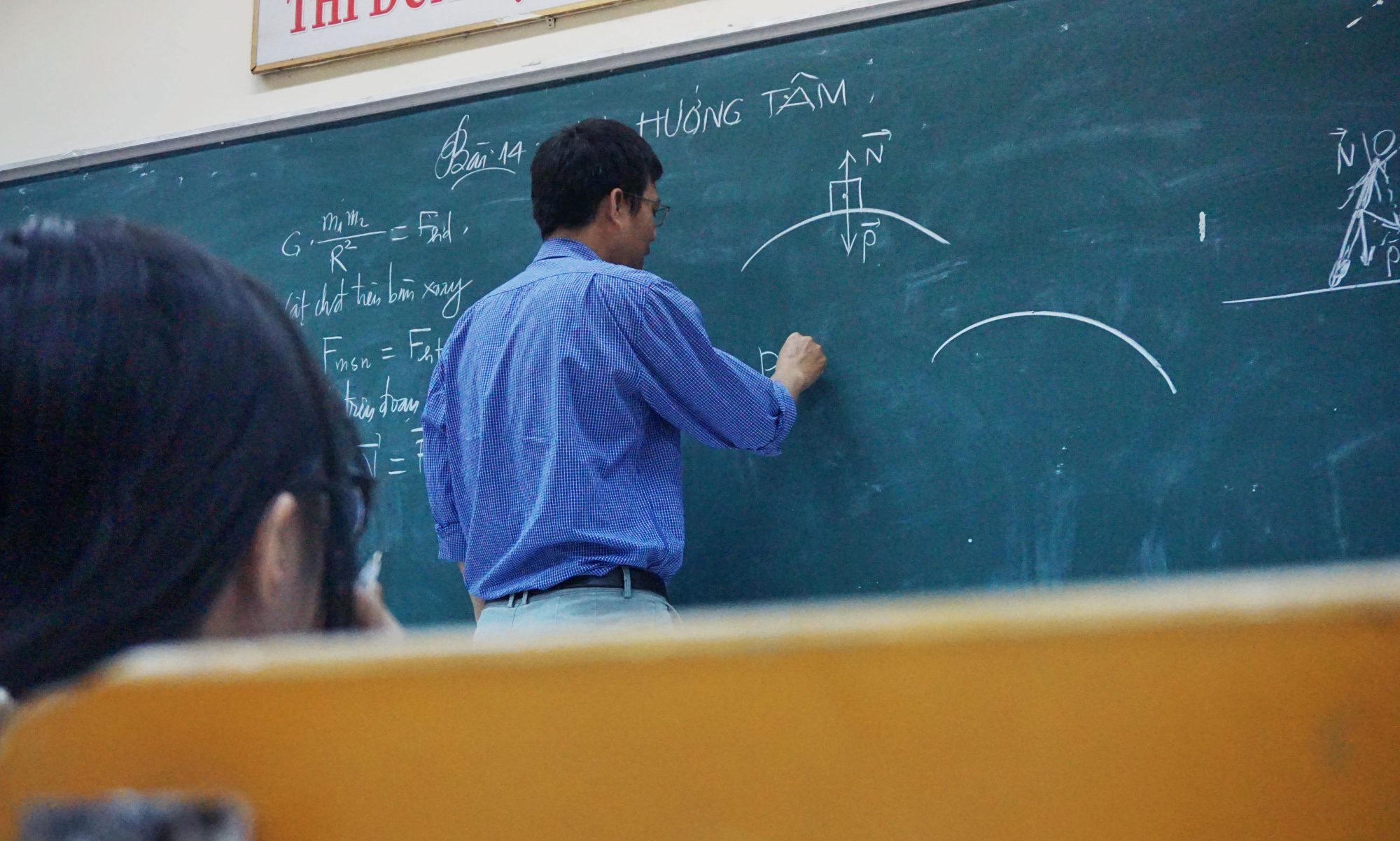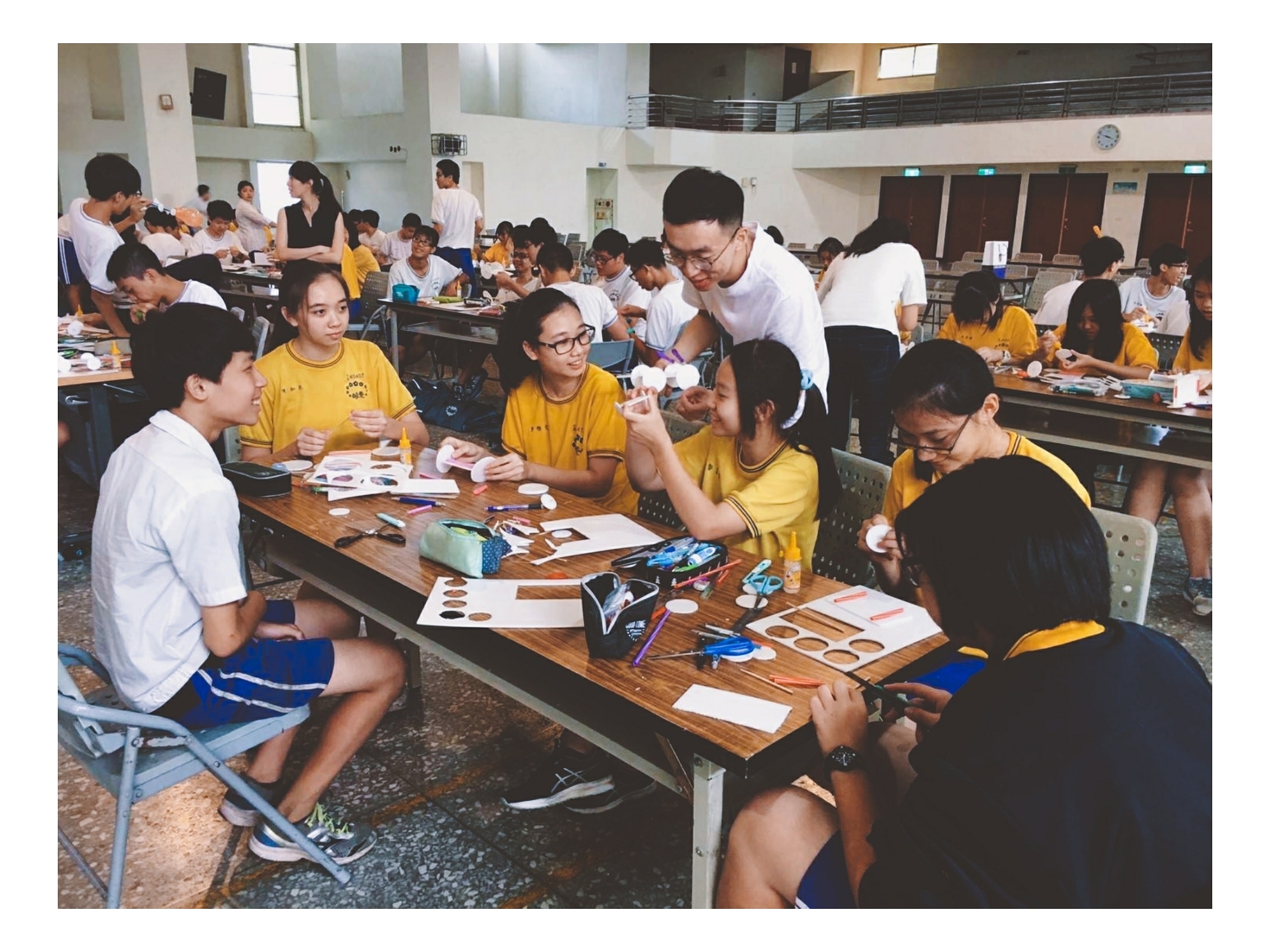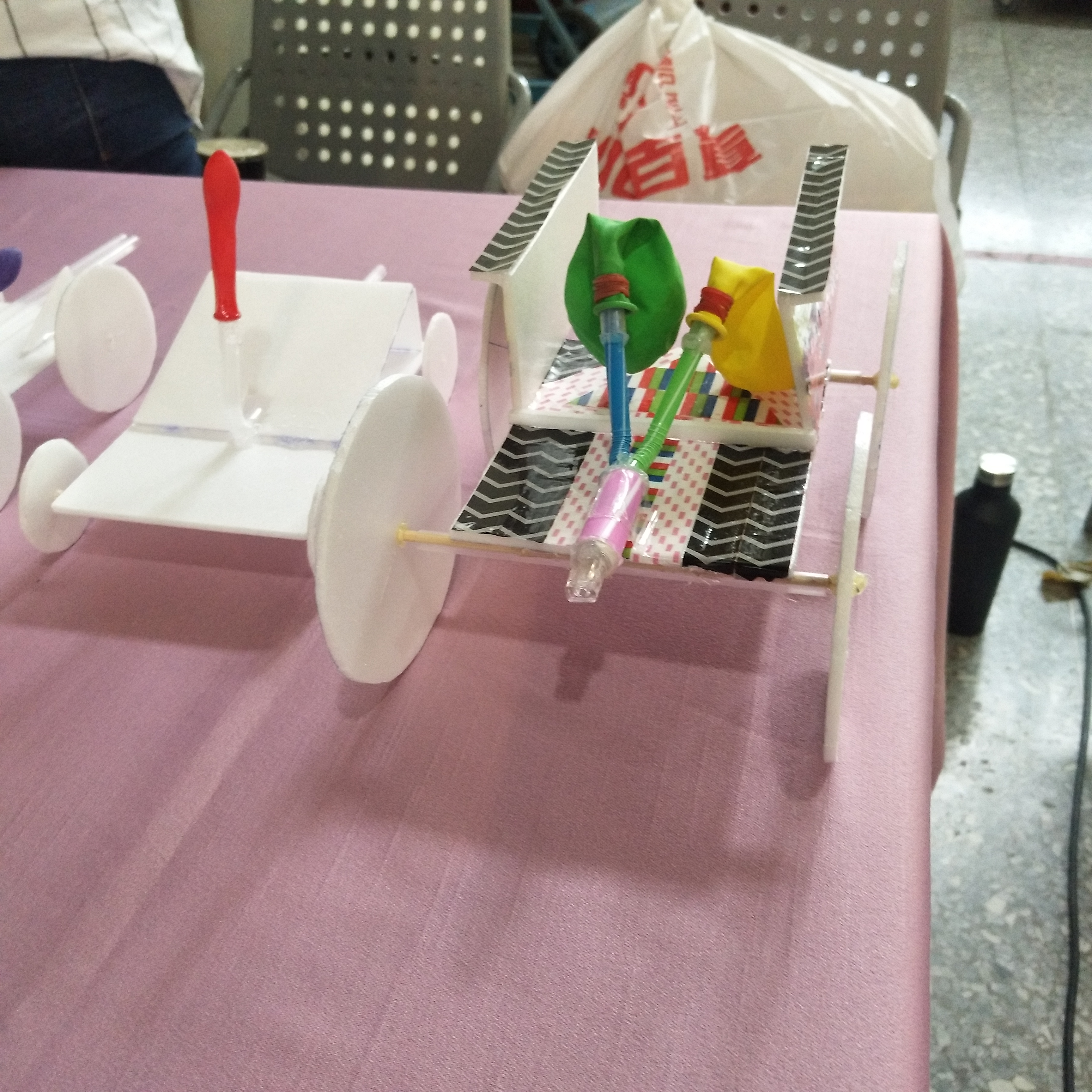My name is Xuan and I am a third-year student at the Faculty of Physics, Hanoi National University of Education, in Vietnam. I would like to share my thoughts and experiences of the MII-STEM course, which is a collaboration between the University of Dundee in Scotland and three Universities in Southeast Asia countries: Vietnam, Indonesia, and Thailand.
First of all, I would like to express my most sincere thanks to Dr. Nguyen Van Bien, who has given me and the other students an excellent opportunity to get closer to STEM education.
Before starting the MII-STEM course, I simply understood STEM as an integrated teaching model for Math, Science, Technology, and Engineering. I am aware that STEM education is a hot and new trend in Vietnam, and teachers need to educate themselves about this teaching method.
During the MII-STEM course, I learned a lot of things and really deepened my understanding of the content. As well as theoretical learning, we were involved in practical activities, creativity and product design. All the participants in the course made great efforts and were very enthusiastic.
The course faced some disruptions due to the COVID-19 pandemic, which meant that the majority of the classes were taught online.

[huge_it_gallery id=”2″]
Every lesson in the project broadened my understanding of STEM education and model-based teaching, which not only gave me valuable knowledge but also supports me on my path of education in the future.
Thanks to University of Dundee for giving us this opportunity to experience a memorable class.

Nguyen Thi Thanh Xuan
Third-year student
Faculty of Physics
Hanoi National University of Education



